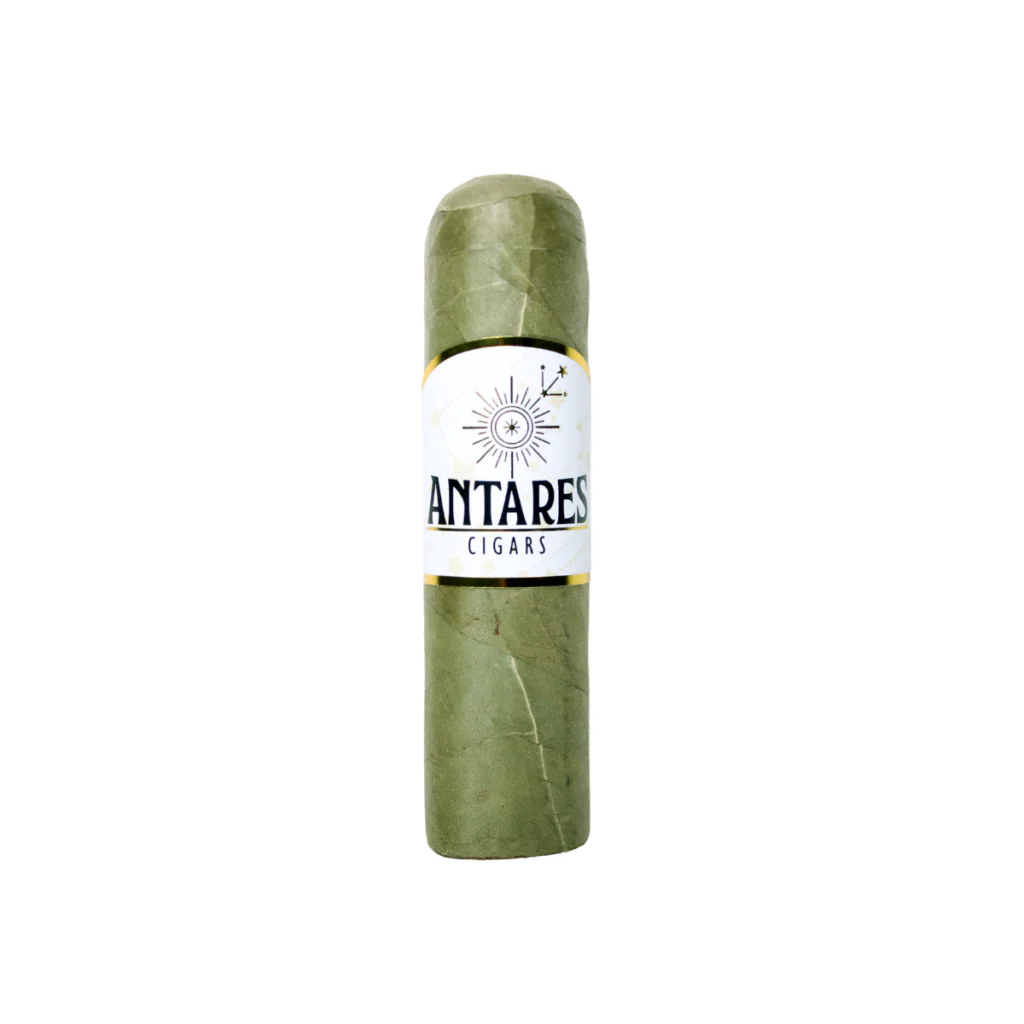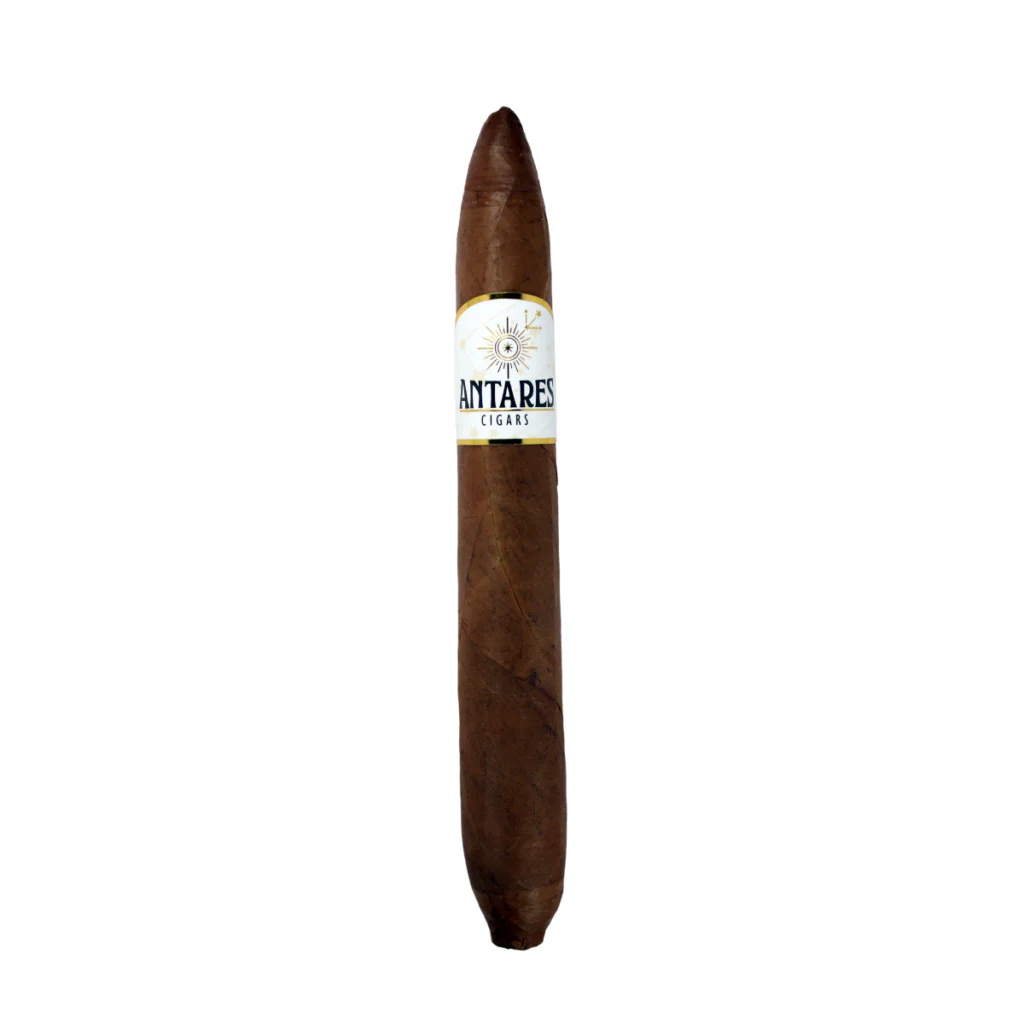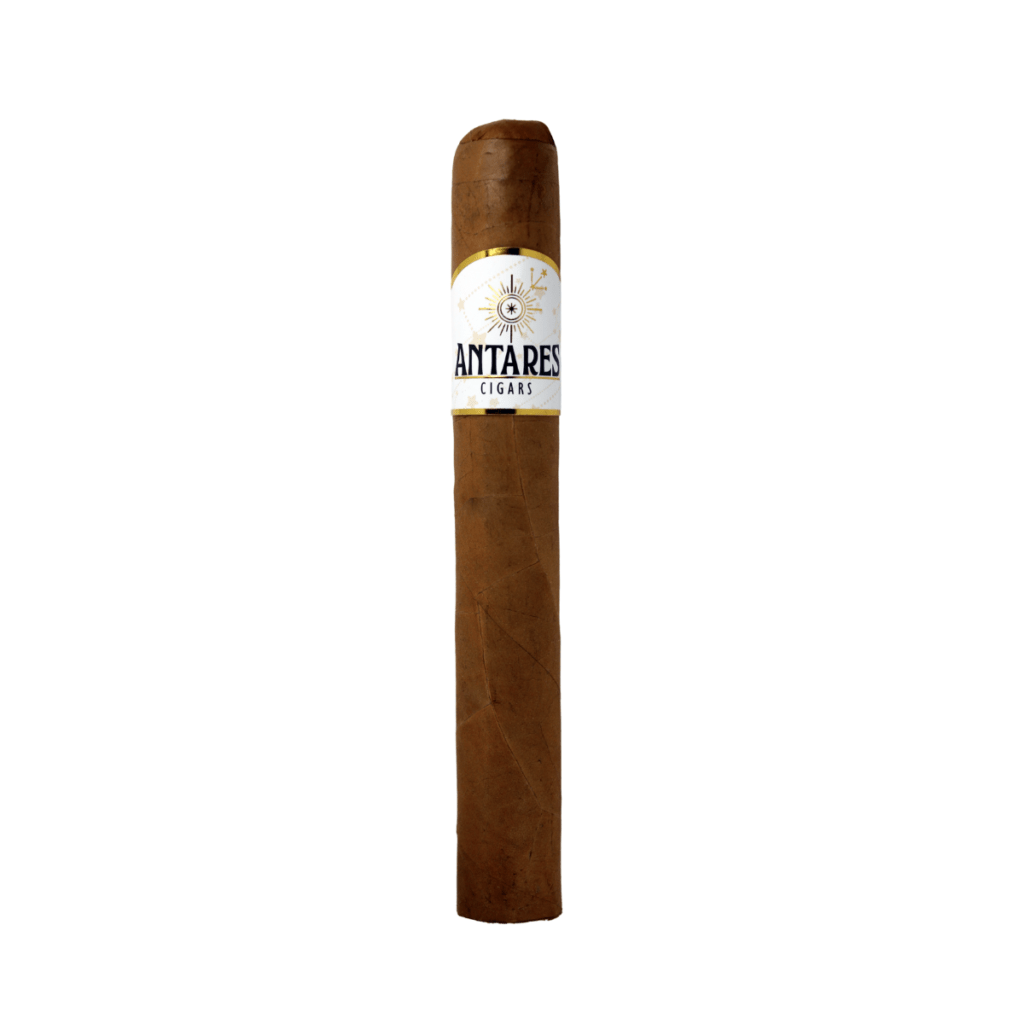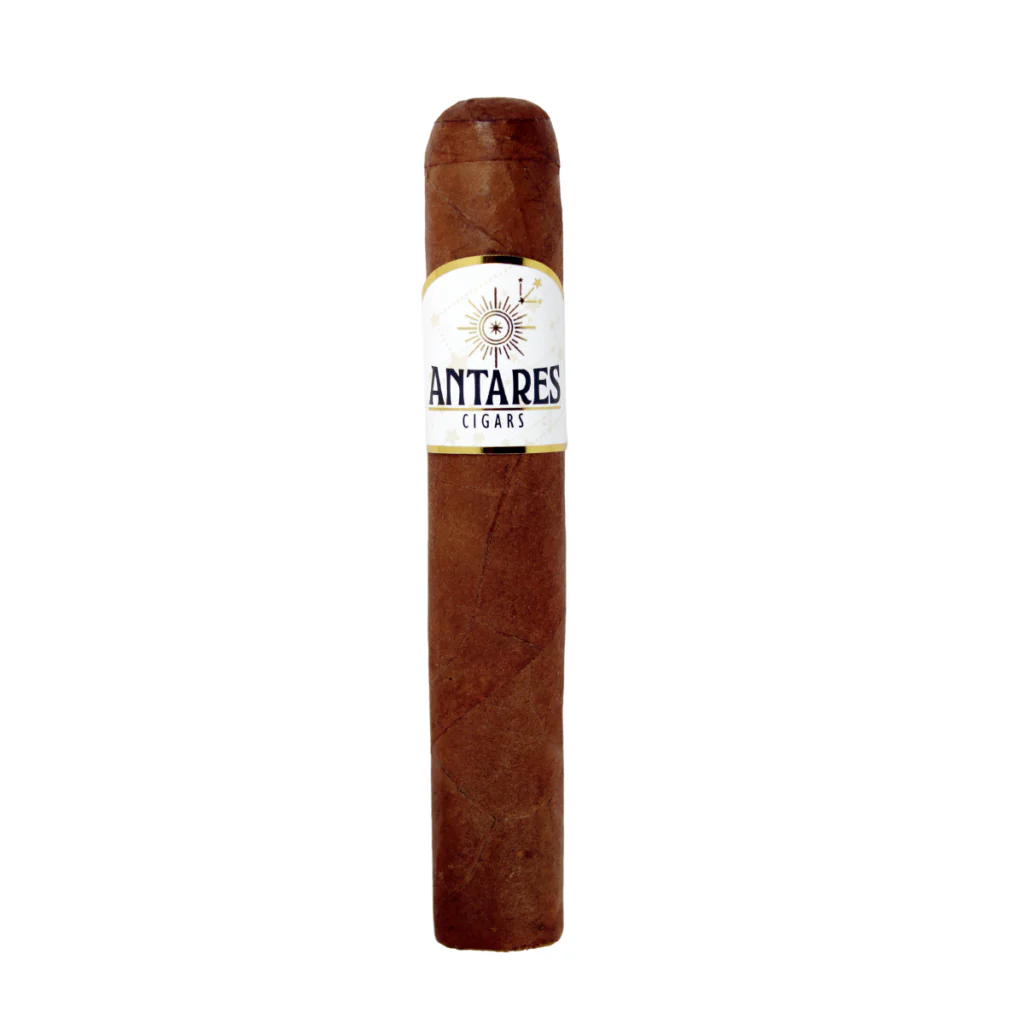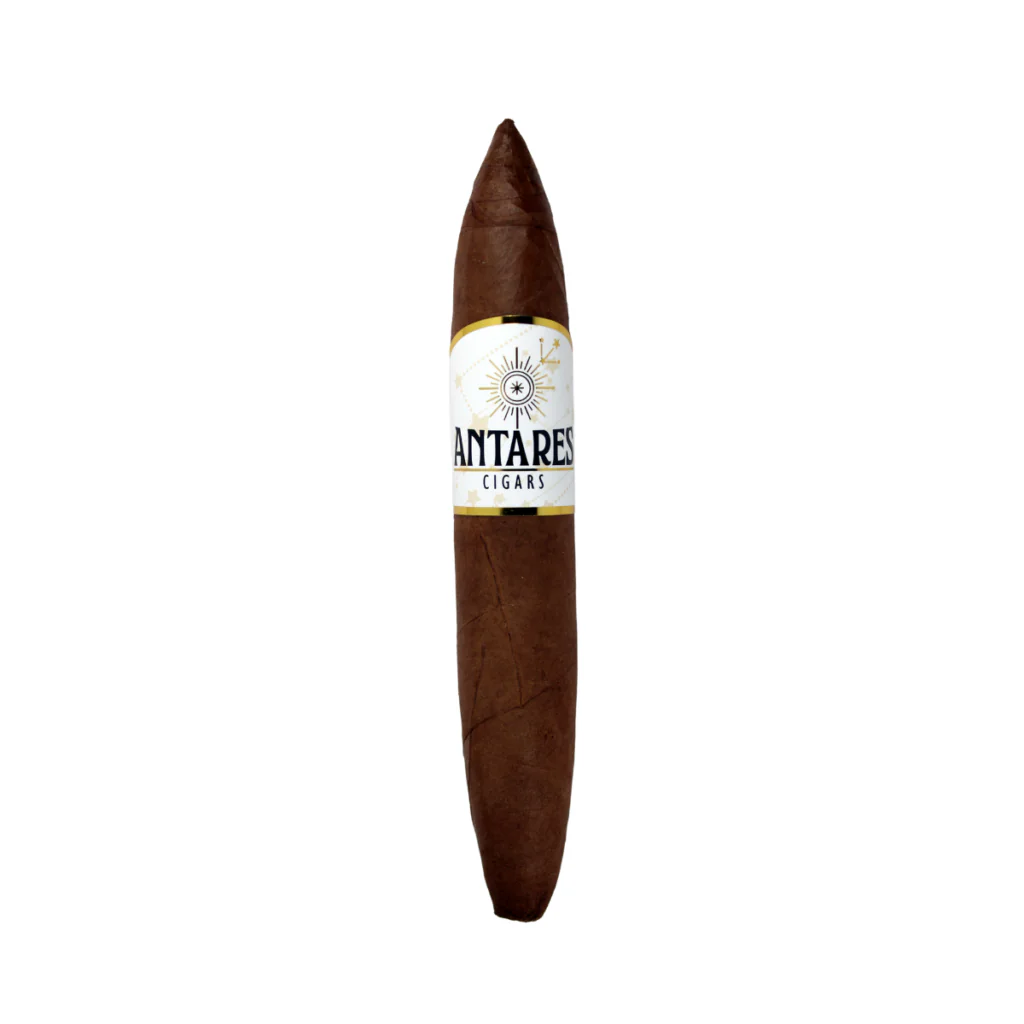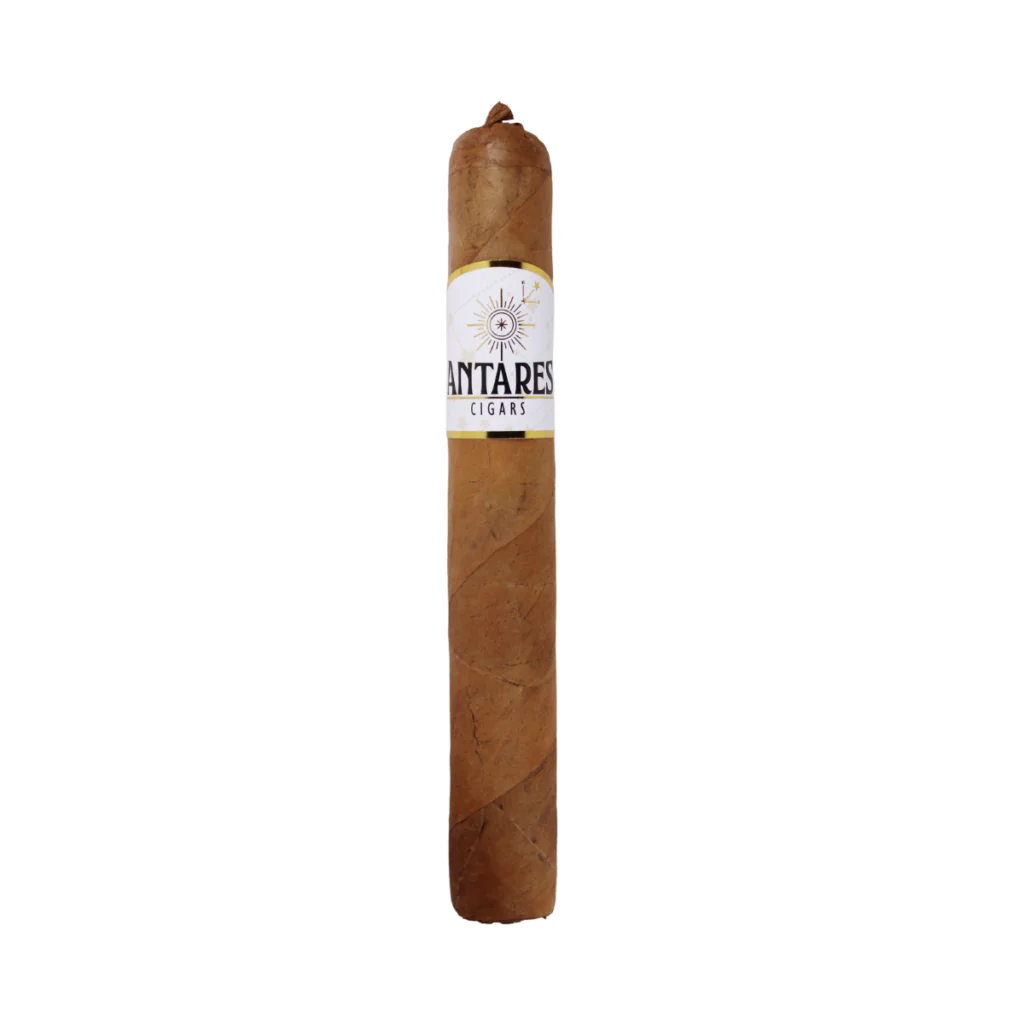While it’s uncommon, even with a premium cigar selection, occasional issues may arise with your cigar. These issues could stem from the cigar’s construction or storage conditions.
Depending on the nature of the problem, some issues may be remedied, while others may render the cigar unsalvageable, necessitating disposal. Below, we outline common cigar issues and how to address them.
Uneven Burn: An uneven burn is among the most prevalent issues encountered with cigars. This problem can arise from either a fault in the rolling process or an inadequate lighting technique. While some cigars may be beyond repair, many can be rectified with patience and skillful use of a lighter.
Add picture of different burn issues.
Canoeing, characterized by uneven burning where one side of the cigar burns faster than the other, is a common burn issue encountered by cigar enthusiasts. This imbalance can stem from various factors, such as an off-center ligero leaf or inadequate toasting during lighting, resulting in one side being more fully lit than the other.
Remedying a canoed cigar is relatively straightforward. By slowing down your smoking pace, you allow the cigar to cool down, enabling it to correct itself. Remember, the faster you smoke, the hotter the cigar burns, exacerbating the uneven burn. Slowing your puffing rhythm affords the cigar the opportunity to rebalance its burn.
If the issue persists, it may be necessary to take further action. Pause smoking and allow the cigar to cool completely before using a cigar cutter to clip the end. Blow gently through the cigar to expel any accumulated chemicals before properly relighting it. This method helps reset the burn and restore a more even smoking experience.
Cigar Beetle: Cigar beetles pose a significant threat to your cigar collection, manifesting as pinprick holes on the surface of cigars or leaving behind black dust in your humidor. Unfortunately, once cigars are affected by these pests, they are irreversibly damaged and should be promptly discarded.
To safeguard your collection against cigar beetles, it’s crucial to conduct a thorough inspection of new cigars before introducing them to your humidor. This proactive measure helps prevent the spread of beetles within your collection.
Furthermore, maintaining a consistent temperature of 21 degrees Celsius (70 degrees Fahrenheit) in your humidor is essential for deterring cigar beetles. Fluctuations in temperature can create an environment conducive to beetle infestation, making temperature regulation a key aspect of humidor maintenance. By adhering to these preventive measures, you can protect your cigars from the devastating effects of cigar beetles and preserve their quality for future enjoyment.
Recommended for You
-
- Select options This product has multiple variants. The options may be chosen on the product page
Rated 0 out of 5 -
- Select options This product has multiple variants. The options may be chosen on the product page
Rated 0 out of 5 -
- Select options This product has multiple variants. The options may be chosen on the product page
Rated 0 out of 5 -
- Select options This product has multiple variants. The options may be chosen on the product page
Rated 0 out of 5 -
- Select options This product has multiple variants. The options may be chosen on the product page
Rated 0 out of 5 -
- Select options This product has multiple variants. The options may be chosen on the product page
Rated 0 out of 5


